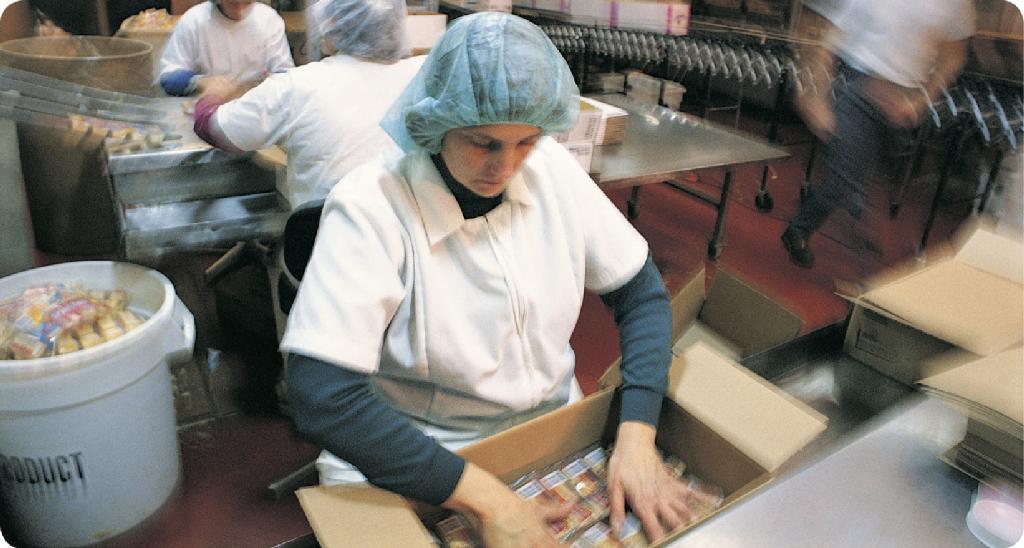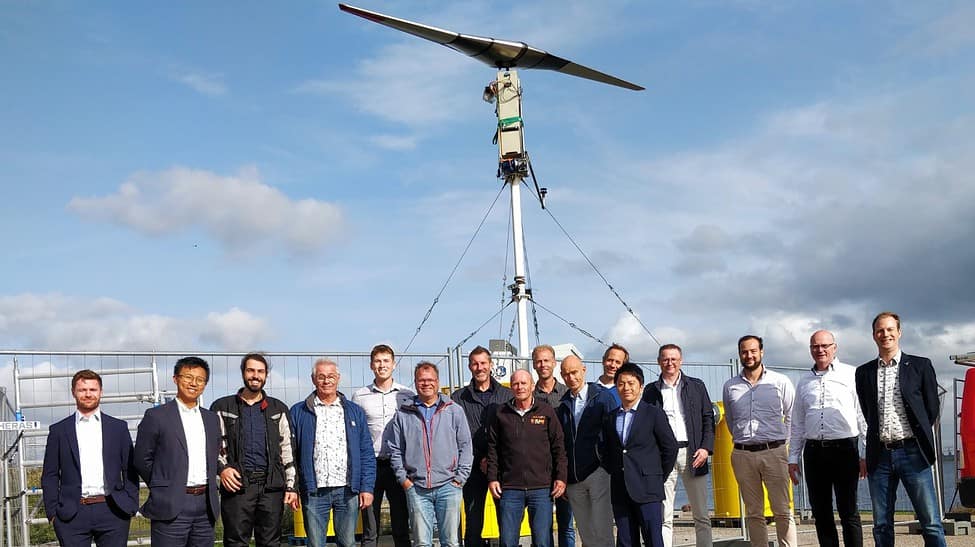US process manufacturing companies and foreign process manufacturing companies with operations in the US provide products and services to companies in the US, Mexico, and Canada, as well as to the rest of the world. ABB Robotics, for example, has a US presence allowing it to provide quick delivery schedules and technical support to companies in these countries. The US robotics market is ABB’s largest market at $7.8 billion and growing.
Improving IT Solutions for Manufacturers
One of the fastest growing areas for Fortune 1,000 process manufacturers is in end-to-end solutions to help provide IT services that extract value from data generated during manufacturing processes. This is currently an area of weakness for many manufacturers and presents a huge growth opportunity in the coming years.
Helping Smaller Manufacturers
Many US manufacturing companies are small, employing fewer than 20 people. It’s difficult for these companies to stay competitive. In order to do so, they must adopt new process manufacturing solutions like Batch Process Manufacturing that help them become more efficient and profitable.
Process manufacturing runs up against a number of obstacles and operational challenges such as:
- fluctuation in raw material composition, quality, and potency, for example, in chemicals or food ingredients
- differing recall requirements by country
- global chemical harmonization
Process manufacturing solutions help manage these types of problems.
Underlying Platforms for Optimization of Process Manufacturing
Platforms for optimization include real-time monitoring, data acquisition, and advanced analytics to provide better, more durable, and reliable solutions for the process manufacturing industry. These platforms come with advanced project management tools to help all levels of an organization work smarter.
Predictive Analytics (PA) helps process manufacturers, for example, in chemical manufacturing, by using data gleaned from production equipment sensors to better anticipate stoppage events. Historical patterns are tracked and used to identify patterns that could lead to breakdowns.
Skills Gap & Shortage
As is occurring in Japan, which already has a skills shortage as well as policies that prevent immigration to alleviate the problem, manufacturers in the US are expecting a shortage of 2 million skilled workers by 2025. In anticipation of this, US manufacturers are adopting advanced process manufacturing technology to help fill the skills gap while at the same time attracting young workers to their businesses.
The following video shows the manufacturing process for the Model S in a TESLA factory. TESLA is known for its highly automated automobile production facilities.







